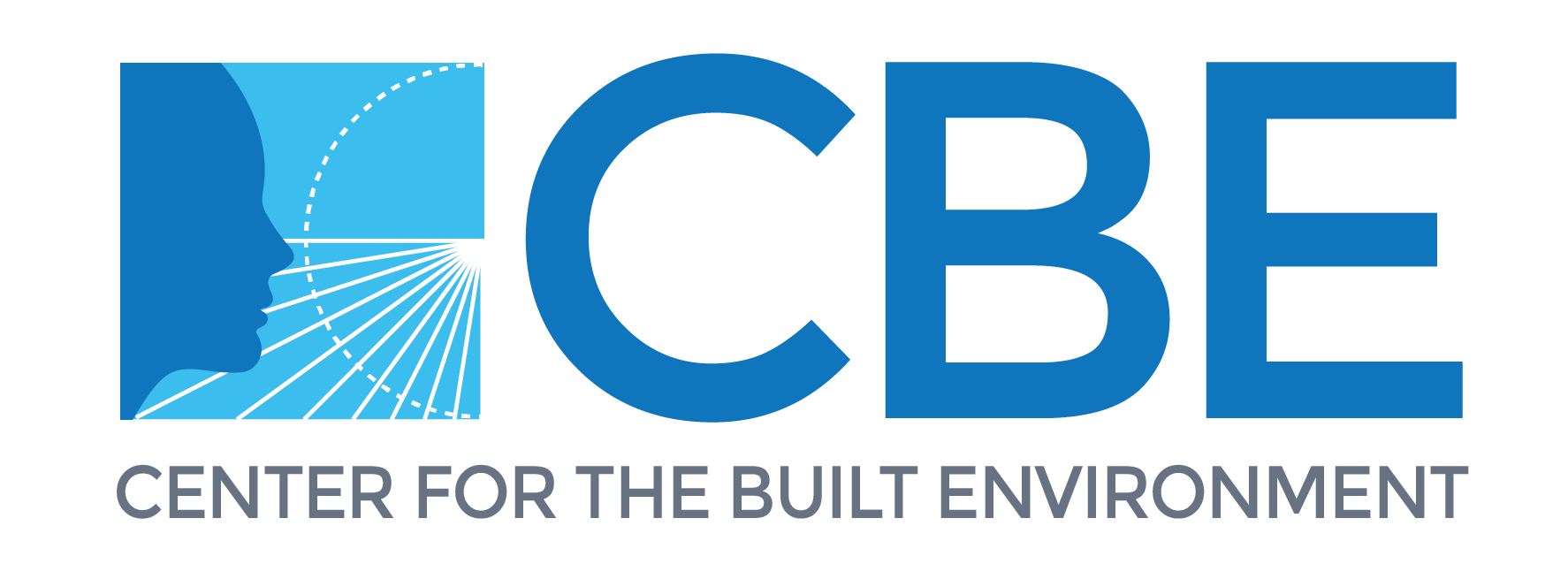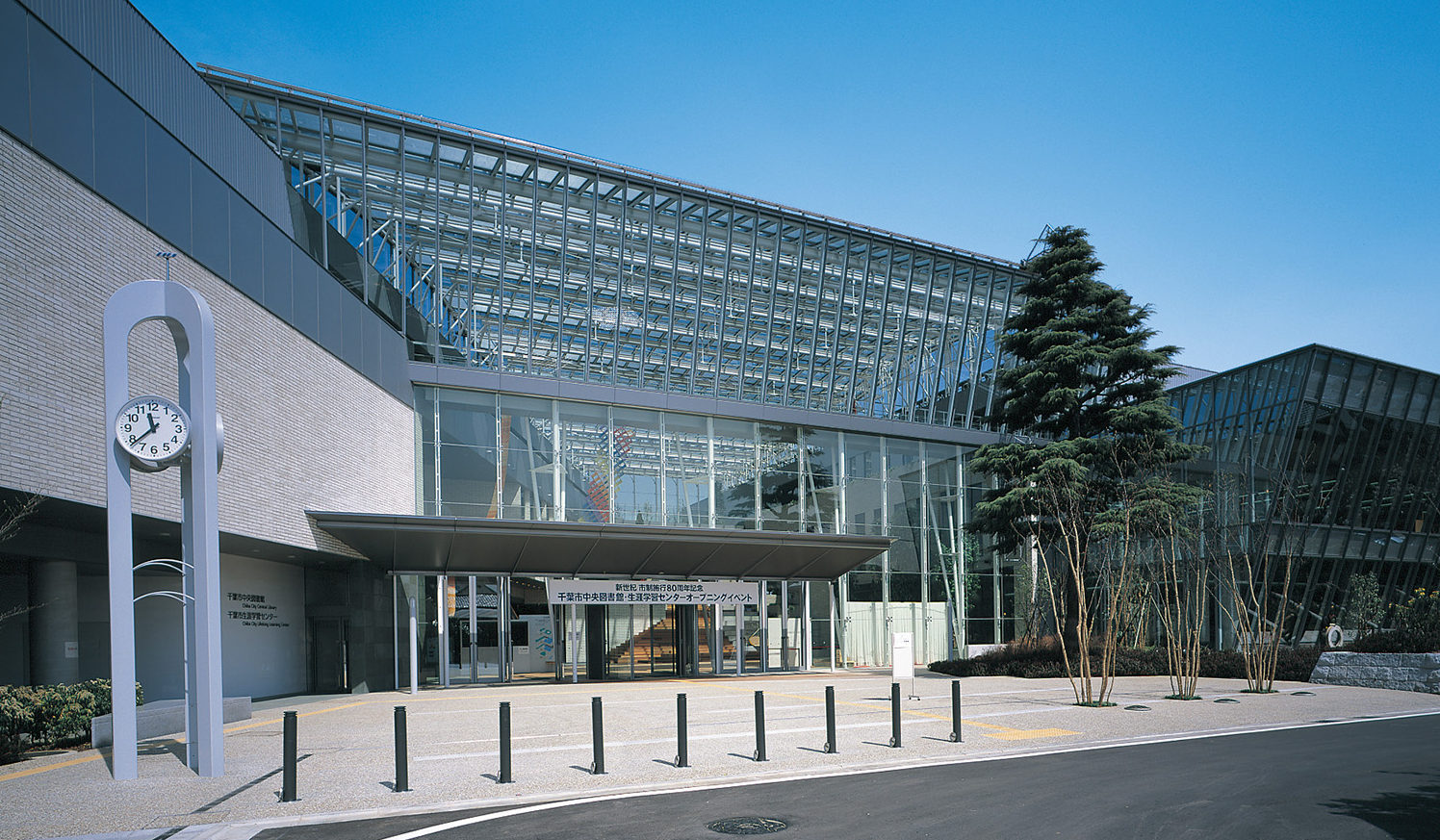This April, CBE welcomed to its consortium Sanken, a Japan-based engineering leader that will collaborate with researchers at CBE and overseas on radiant cooling technologies. This new collaboration builds on Sanken’s efforts that span several decades to innovate and provide customers with reliable and advanced systems and facilities.
Sanken (Sanken Setsubi Kogyo) was founded in 1946 to provide HVAC, plumbing and sanitation engineering to the commercial, industrial and residential markets. Their portfolio includes office buildings, hospitals, high-rise condominiums, leisure facilities and cleanrooms. Notable projects in Japan include the Kansai International Airport, the Karatsu Red Cross Hospital, the Fukuoka Yahuoku! Dome and the associated Hilton Fukuoka Sea Hawk Hotel.
The company is working towards several energy and sustainability goals. To meet zero energy building (ZEB) guidelines, Sanken is developing technologies that reduce the burden on the environment, using radiant and ground-source cooling since the 2000s. In 2014, they retrofitted their R&D facility, the Tsukuba-Mirai Technology Center, to meet ZEB performance. The center received the sixth Sustainable Building Award for its ZEB technologies from Japan’s Institute for Building Environment and Energy Conservation and the Minister of Environment Award. (See a live stream of the center’s energy usage.)
To demonstrate their ZEB capabilities in a cold climate, Sanken is currently working on the rebuilding of their Hokkaido Branch Office located in Sapporo, the capital of Japan’s northernmost prefecture. There are few ZEB buildings in Hokkaido, with an annual mean temperature around 10ºC (50ºF, similar to that of Chicago or Boston); the new office will feature energy-conservation technologies while offering high levels of comfort and user-friendliness, with the overarching goal of creating a more sustainable society.
Sanken also received an Energy-Conservation Grand Prize from the Energy Conservation Center for the energy-efficient and resource-saving technologies implemented at the Iida Clinic, a specialized medical clinic in the southern Japanese town of Fukuoka. Sanken helped to create an advanced “Smart Clinic” which provides both comfort and energy efficiency. Innovative technologies implemented on the project include a decoupled sensible and latent HVAC system, and radiant ceiling panel system powered by thermal solar. After renovation, primary energy use was reduced more than 50 percent compared to the typical building of this kind.
Later this year, Sanken plans to start a research collaboration project on radiant cooling systems with Singapore’s Building And Construction Authority (BCA). The goal is to assess the potential for energy savings and the effect on thermal comfort of Sanken’s hydronic radiant technologies when applied in an office space in hot and humid tropical climate. The Berkeley Education Alliance for Research in Singapore (BEARS) will conduct the evaluation of the installed cooling system. While working with BEARS, Sanken’s leaders became interested in the numerous research activities conducted by CBE, and they now look forward to utilizing CBE’s diverse resources to further enhance their expertise on comfort and energy-conservation.

